Introduction to Chess-Like Strategy Games
Chess-like strategy games, known for their depth and complexity, have been popular for centuries, challenging players to develop advanced tactics and strategies. These games, which include not only chess but also variants like shogi, xiangqi, and modern strategic games such as Arimaa, share common elements that require foresight, tactical skills, and strategic planning. Mastering these games can be a rewarding intellectual pursuit that enhances problem-solving abilities and cognitive skills.
Understanding the Basics of Chess-Like Strategy Games
Common Elements and Game Mechanics
Despite the diversity in chess-like games, certain fundamental elements are consistent. Primarily, these games are turn-based, where two players move pieces with distinct capabilities across a board, aiming to achieve a specific winning condition, such as checkmating the king in chess. The board typically consists of a checkered pattern with an 8x8 grid in chess, although the size and design can vary in other games. Each type of piece has its own movement patterns and strategies associated with it, which players must learn and master to play effectively.
Strategic Planning and Tactics
The heart of these games lies in strategic planning and tactics. Strategy involves long-term planning and positioning of pieces to control the board and create opportunities for attack or defense. Tactics refer to short-term maneuvers designed to achieve immediate advantageous positions. Successful players adeptly balance these elements, constantly adapting to the changing dynamics of the game.
Developing Skills in Chess-Like Strategy Games
Learning the Rules and Basic Strategies
For beginners, the first step is to understand the rules and basic moves of each piece. It’s essential to familiarize oneself with the game's objective, different piece capabilities, and the initial setup. After grasping the fundamentals, learning basic strategies and common openings can provide a solid foundation on which to build more complex tactics.
Practice and Play Regularly
Consistent practice is crucial. Playing regularly against diverse opponents will expose a player to various strategies and playing styles. Many online platforms allow players to compete against others worldwide, which can accelerate the learning process and skill development.
Analytical Skills and Continual Learning
Analyzing games is immensely beneficial. Reviewing and studying one’s games, especially losses, can highlight weaknesses and areas for improvement. Many advanced players also study famous games to understand more about strategic plays and famous historical strategies. Books, tutorials, and online resources specific to strategy games can also prove invaluable.
Advanced Strategies and Techniques
Openings and Endgames
Mastering openings is essential for advancing in any chess-like game. Openings are the initial set of moves that setup one’s position for the mid-game; they can vary from very aggressive to more defensive postures. Likewise, understanding endgames—how to finish a game when few pieces are left on the board—is crucial. Endgame strategies often involve promoting pawns in chess or achieving material advantage sufficient to guarantee a win.
Positional Play and Piece Coordination
Positional play refers to the strategy that involves controlling certain squares or regions of the board, thus improving the activity and coordination of one's own pieces while restricting the opponent’s. Coordination among the pieces to create a concerted pressure against specific target points in the opponent’s setup can often lead to winning material or achieving a positional advantage that leads to victory.
Psychological Aspects and Sportsmanship
Chess-like strategy games are not just battles of wits and intellect; they also test psychological resilience and endurance. The ability to stay focused, think ahead, and maintain composure under pressure is as important as technical knowledge of the game. Additionally, upholding good sportsmanship—respecting opponents, playing fair, and handling both victories and defeats with grace—is essential in maintaining the integrity and enjoyment of the game.
Conclusion
Mastering chess-like strategy games is a journey that combines the sharpening of mental faculties with the development of personal discipline and emotional intelligence. By understanding the basics, practicing diligently, learning from mistakes, and continuously honing strategic and tactical skills, individuals can not only improve at these games but also enhance their broader analytical, strategic thinking and decision-making skills. This makes the study and play of chess-like strategy games a profoundly enriching pursuit.
Explore our large collection of luxurious chess sets!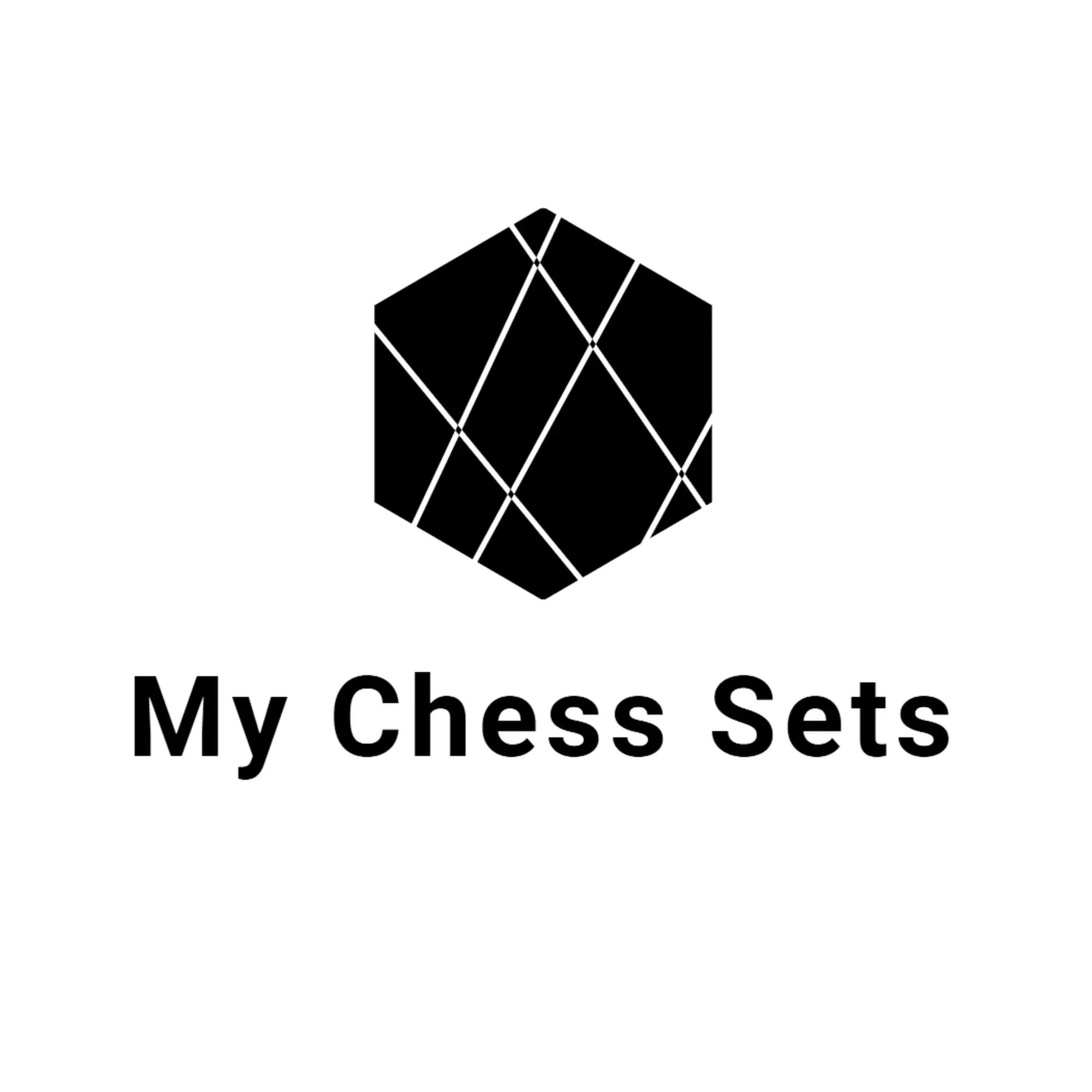
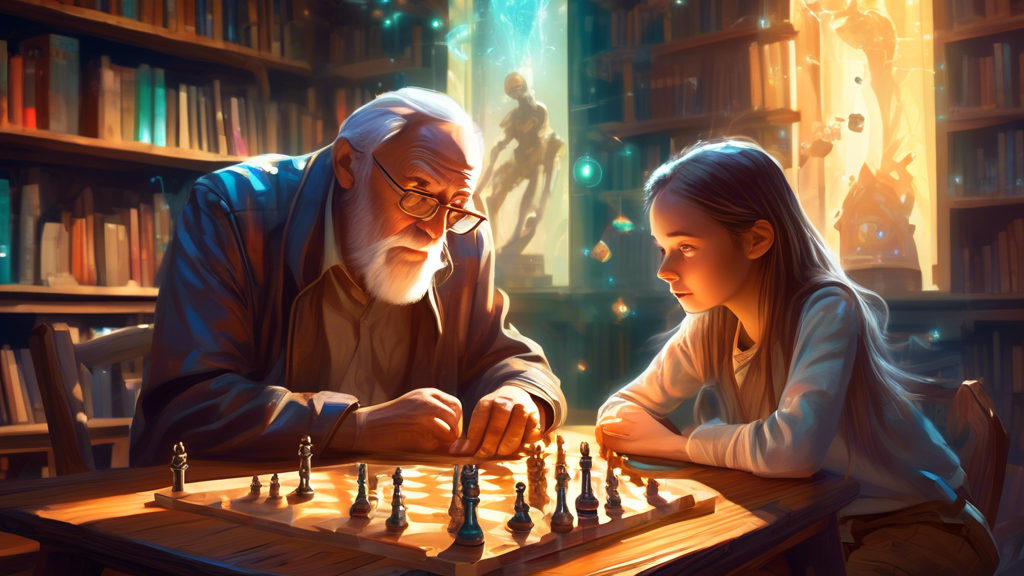
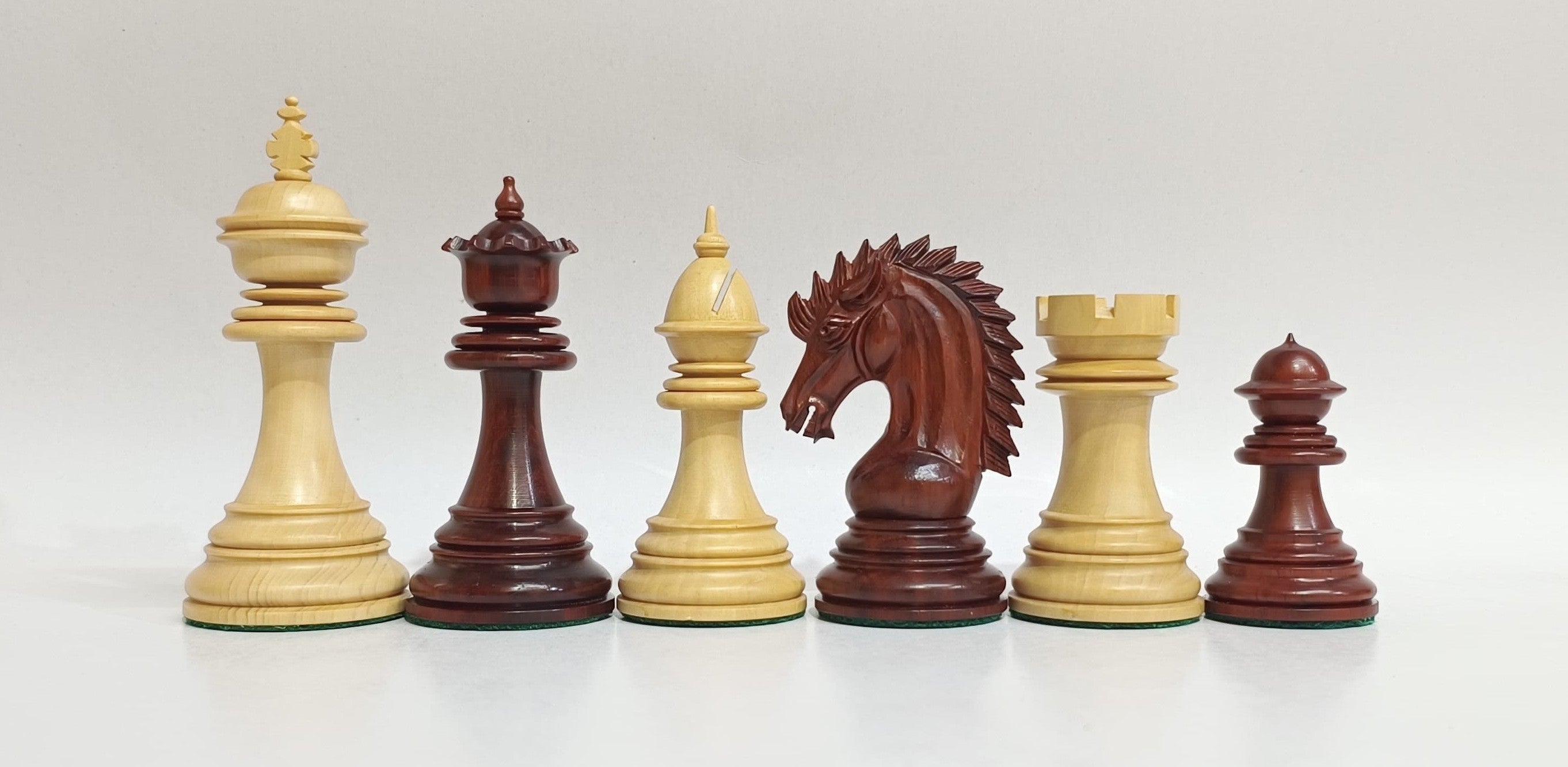
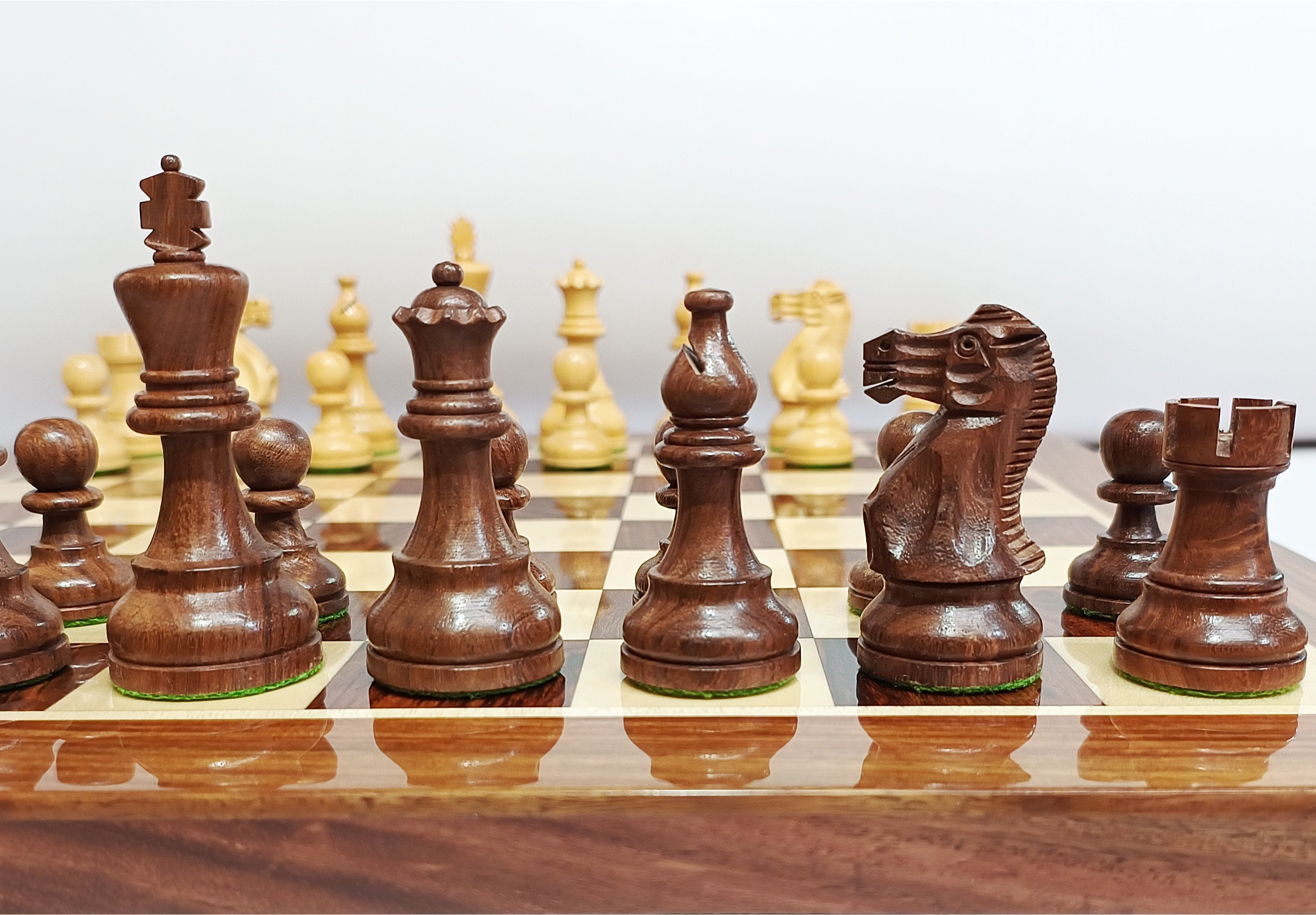
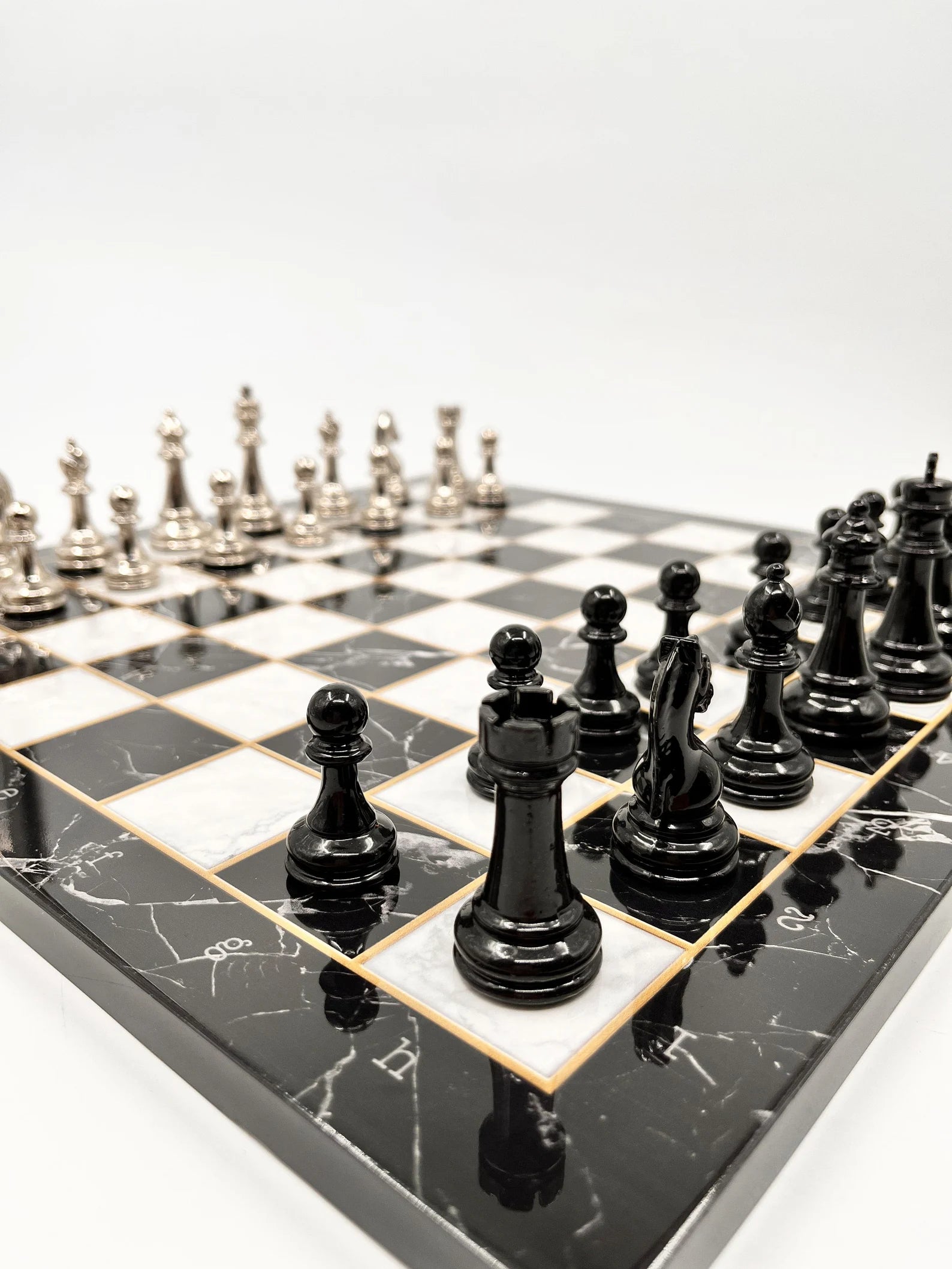
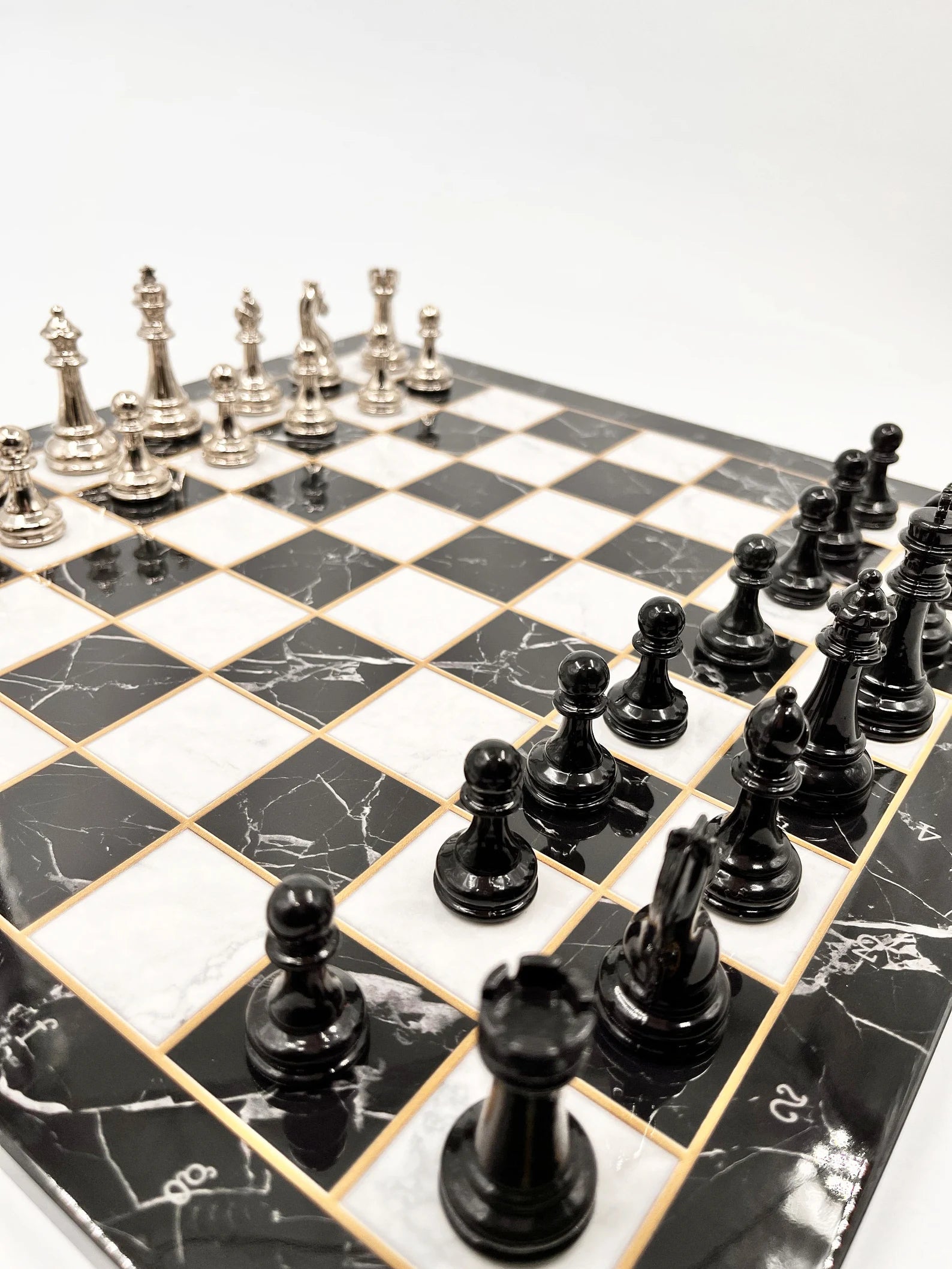
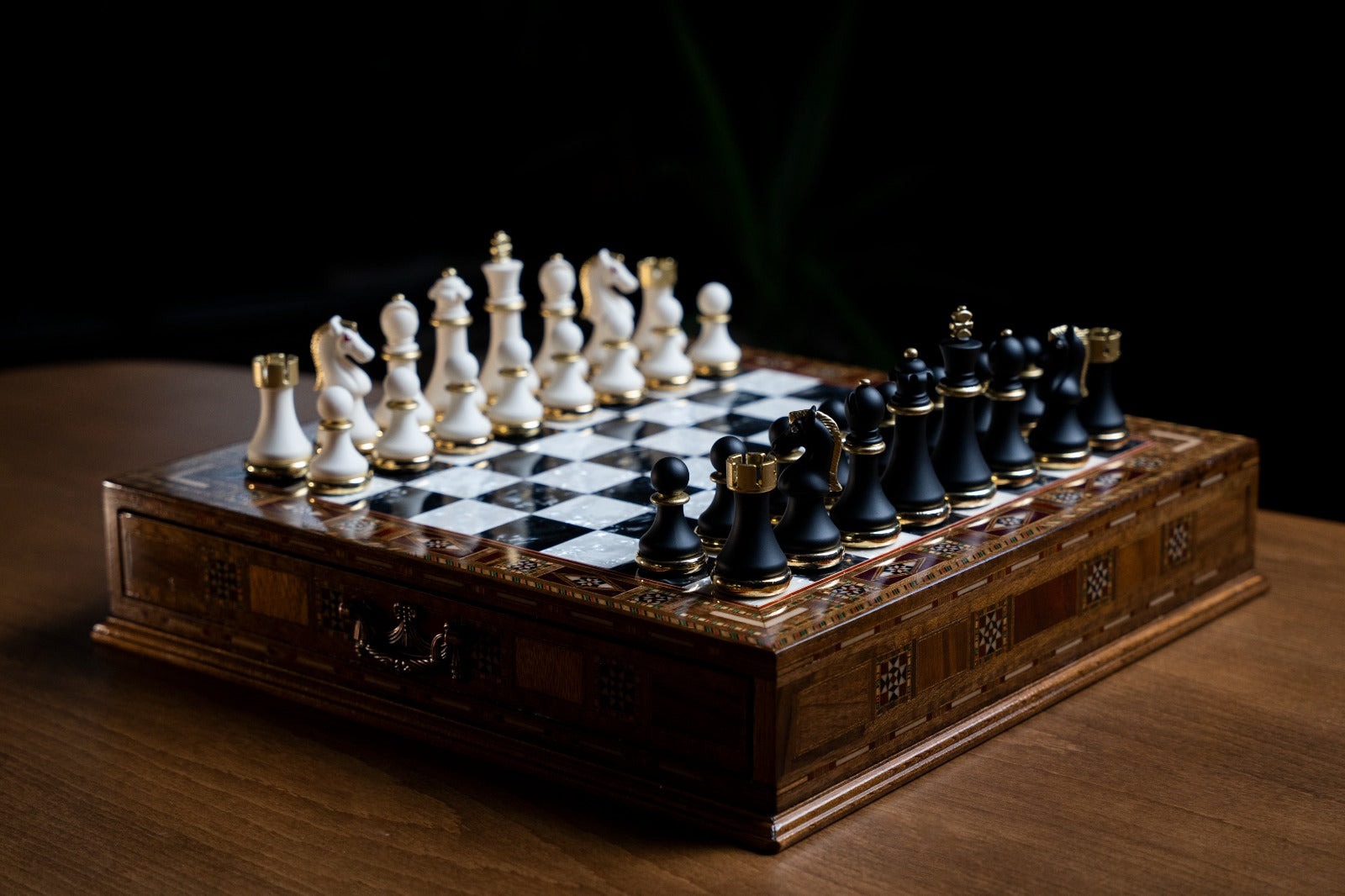
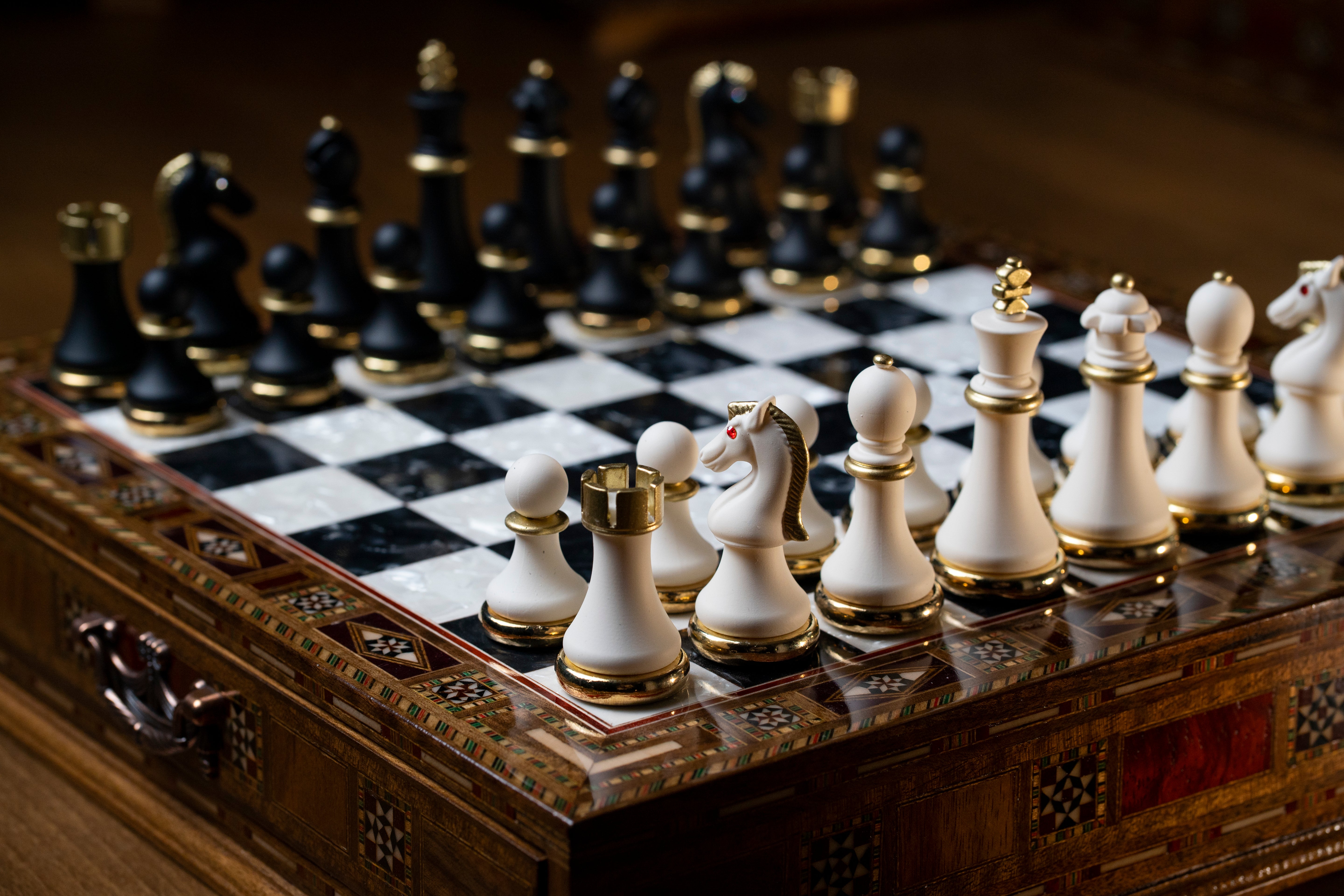
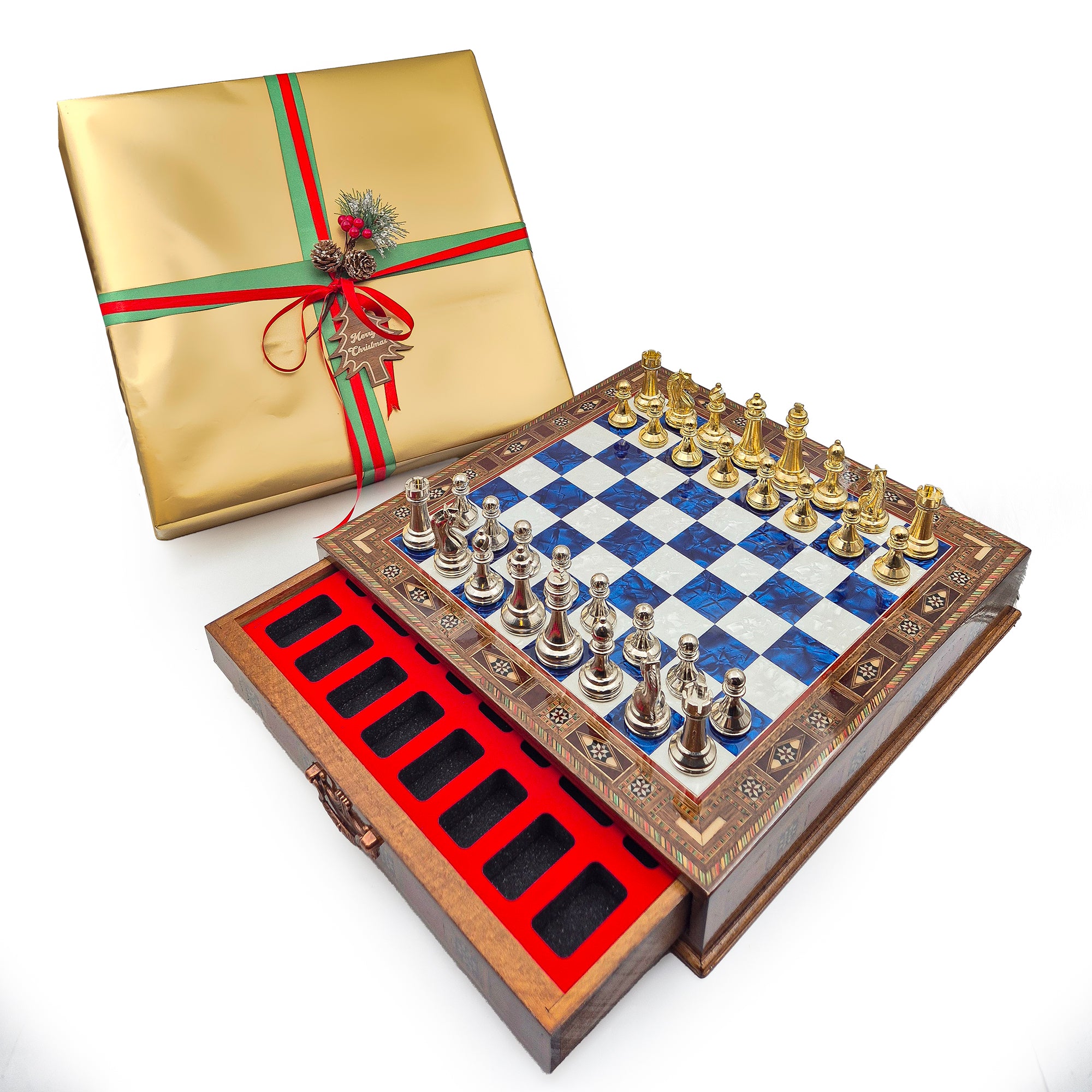
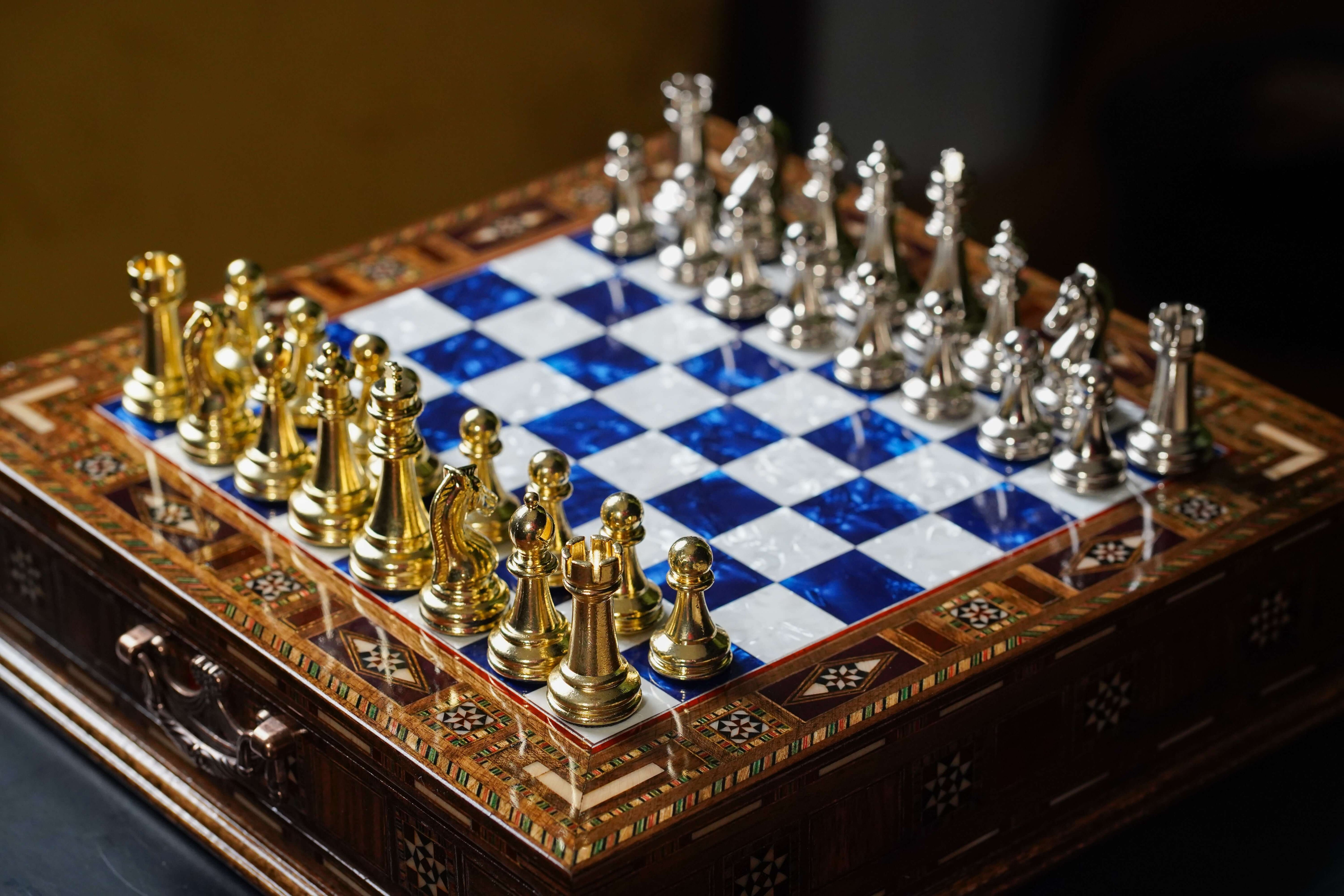
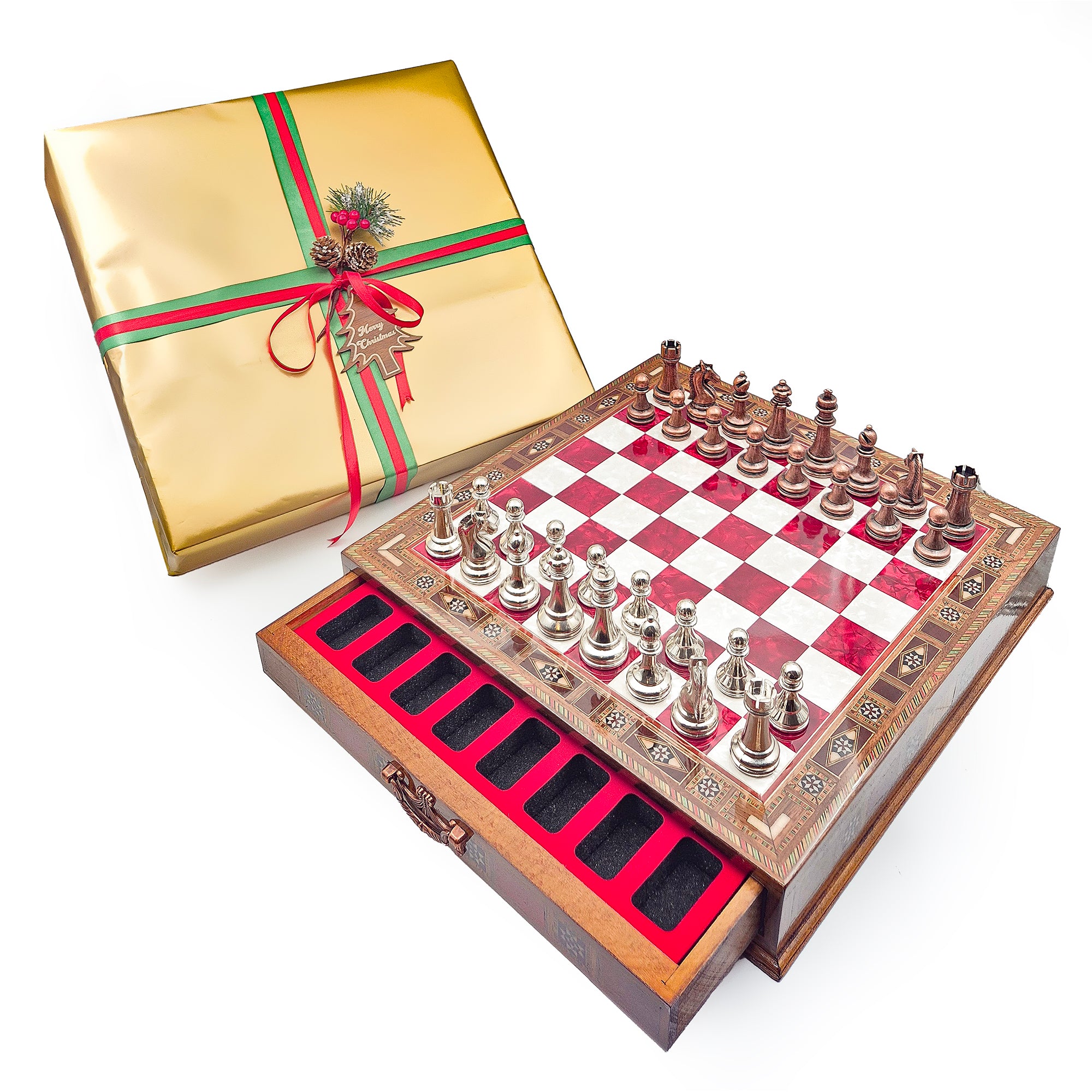
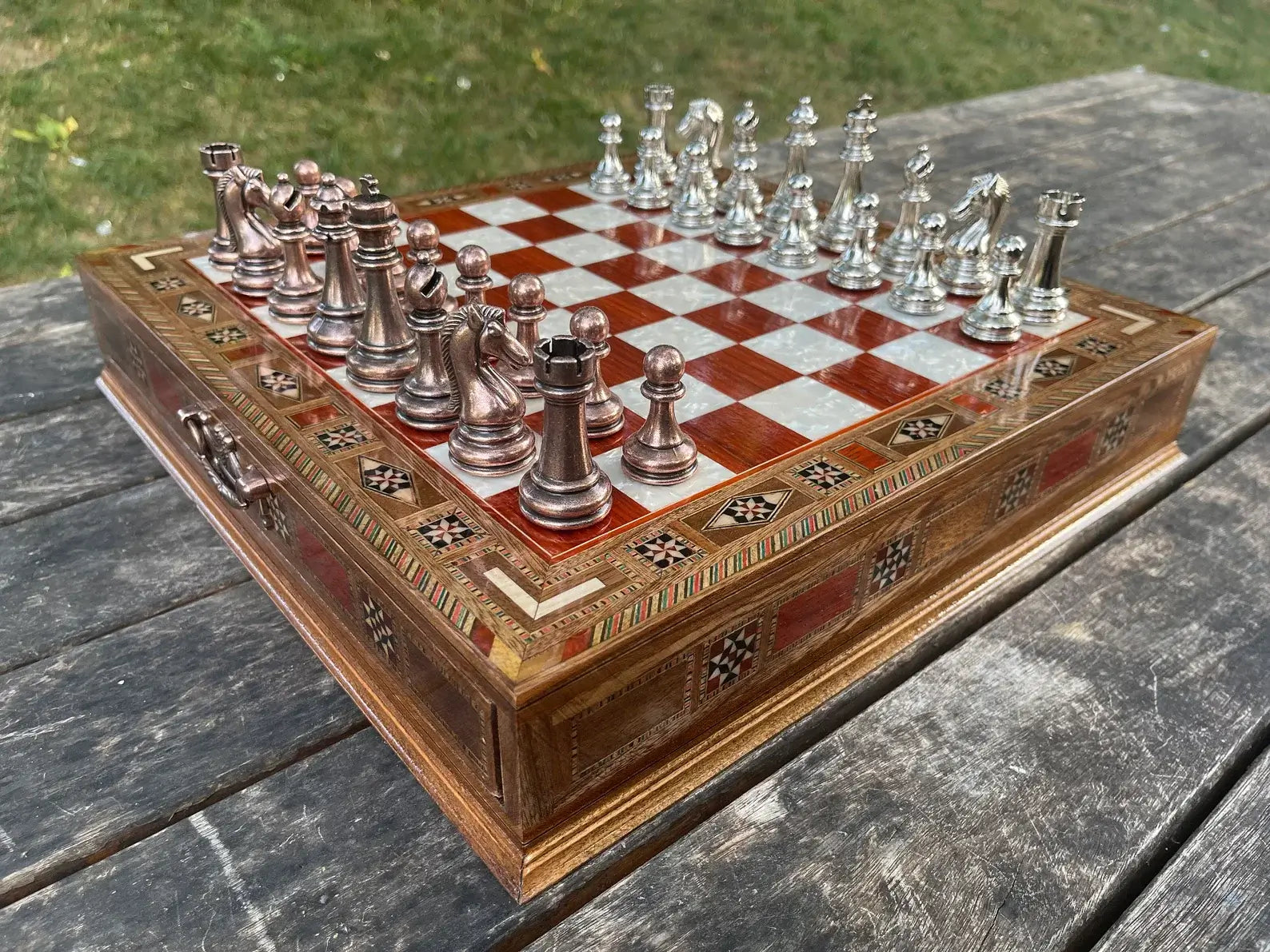
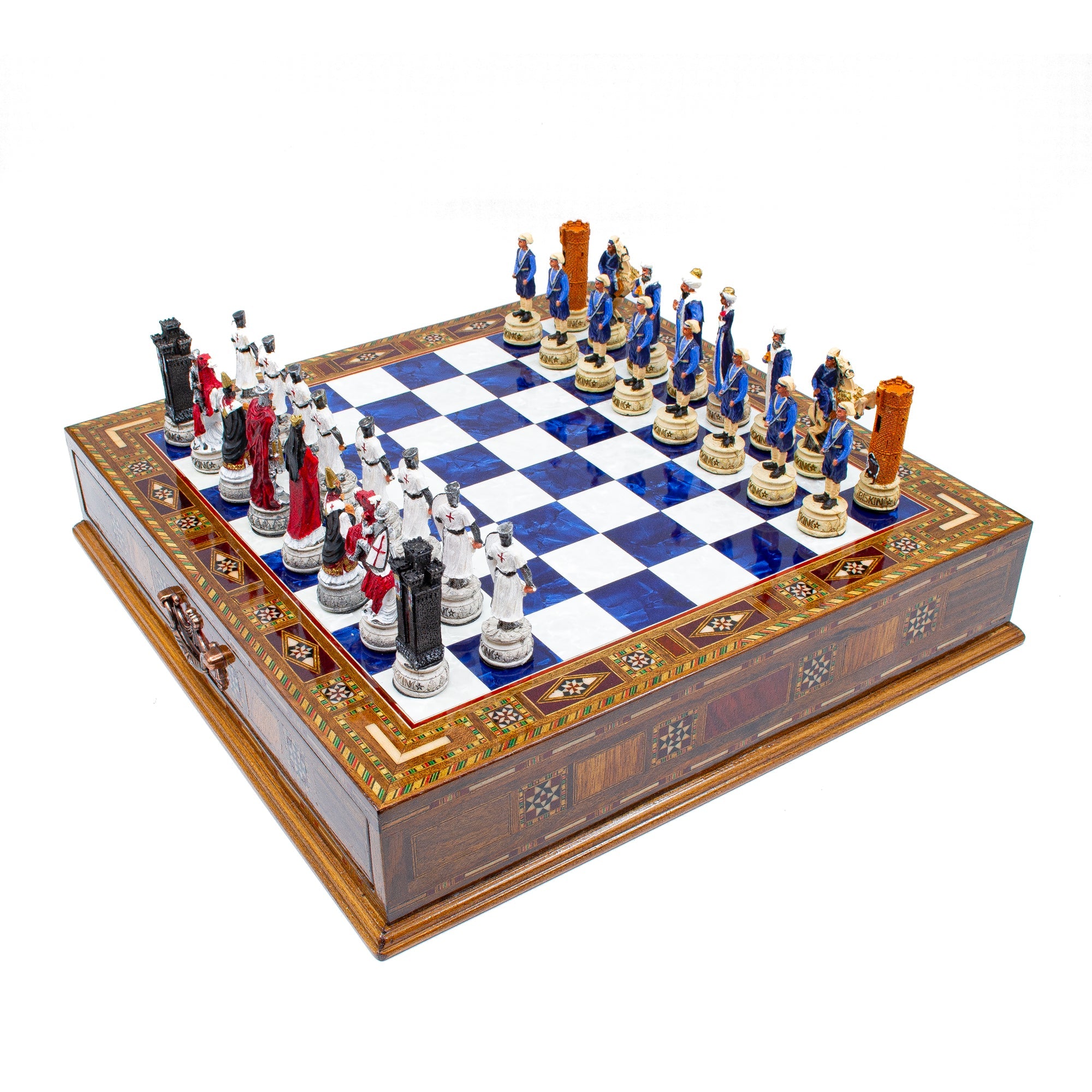
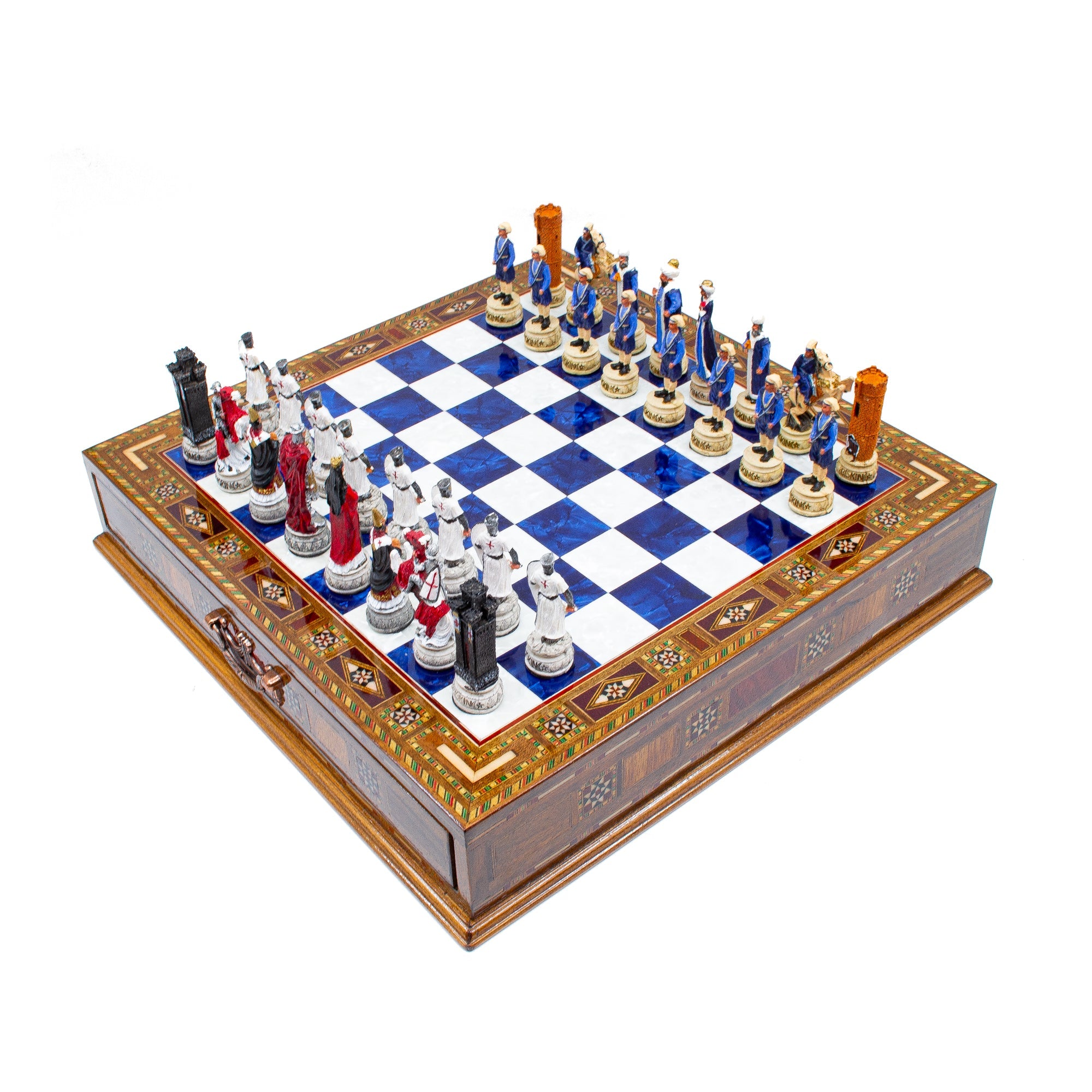
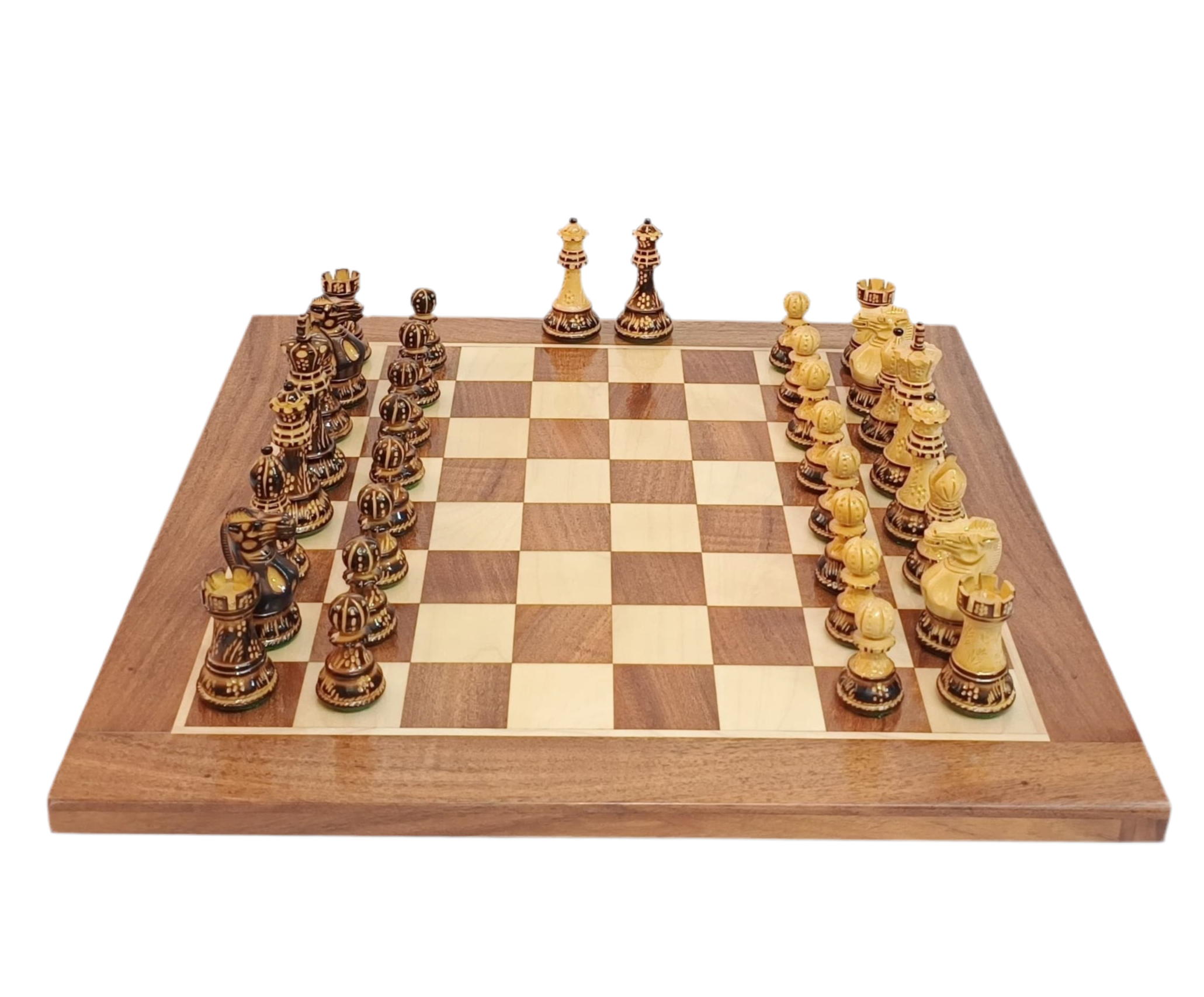
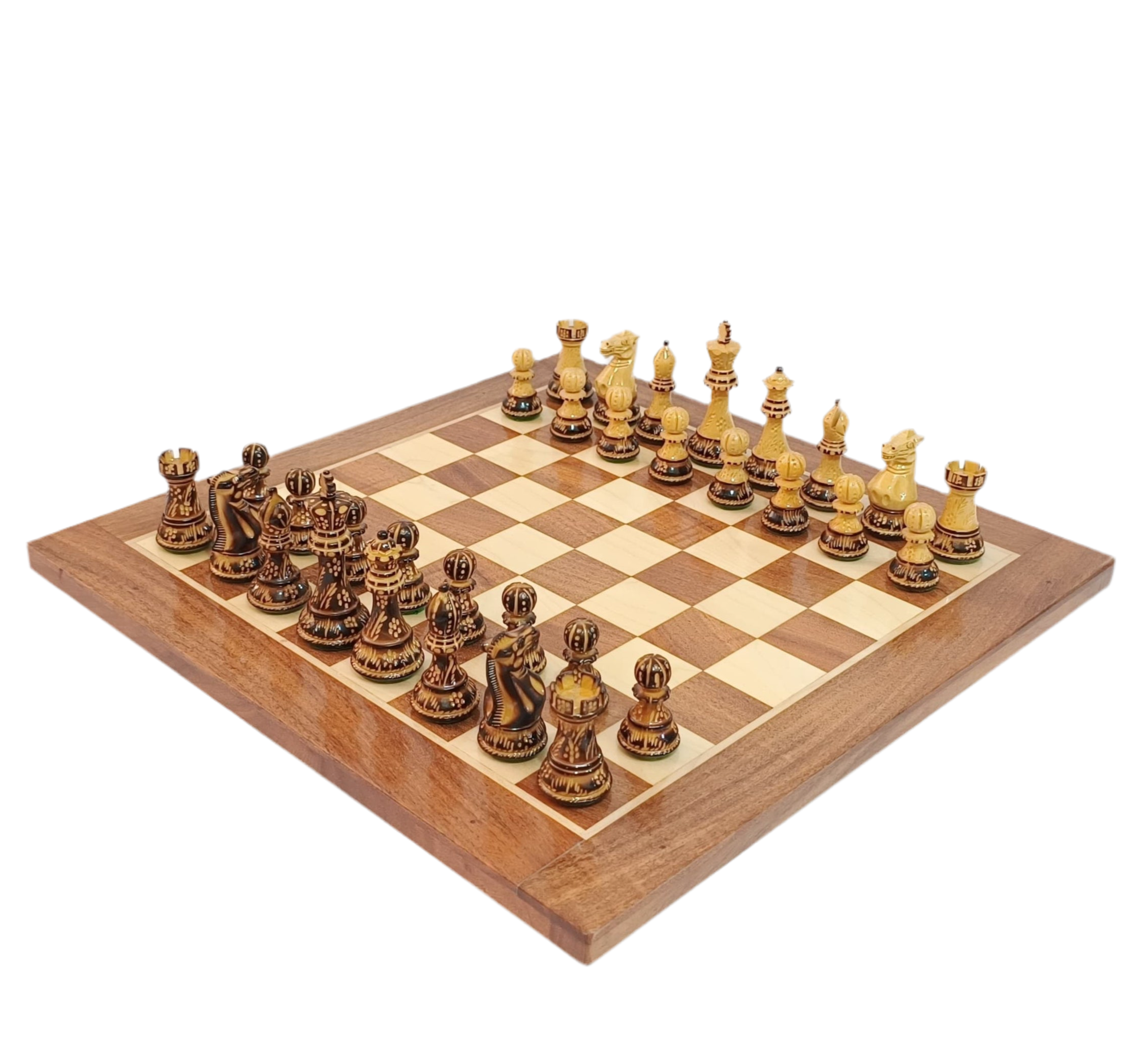
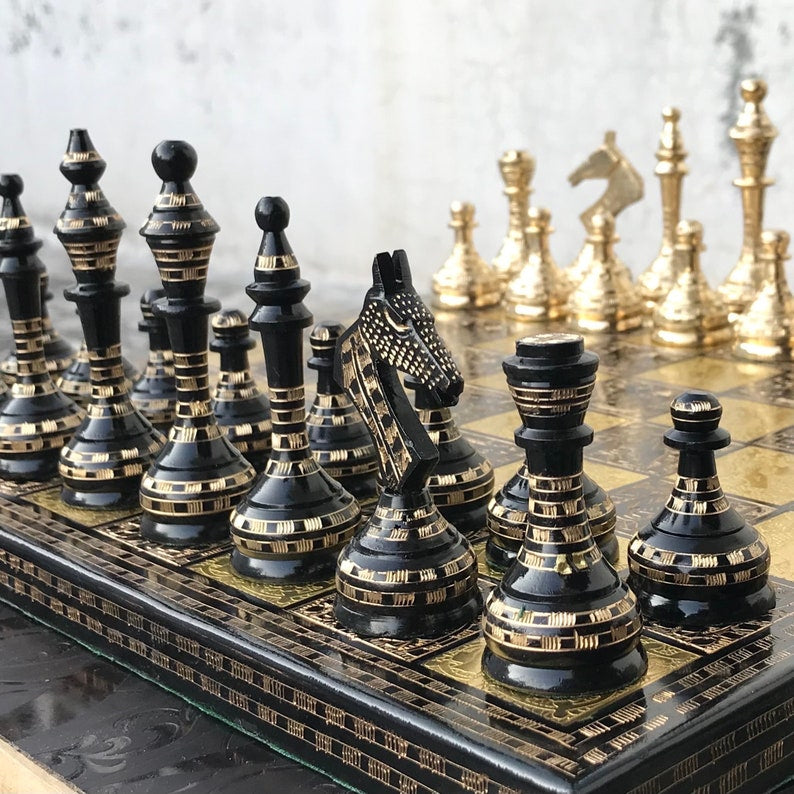
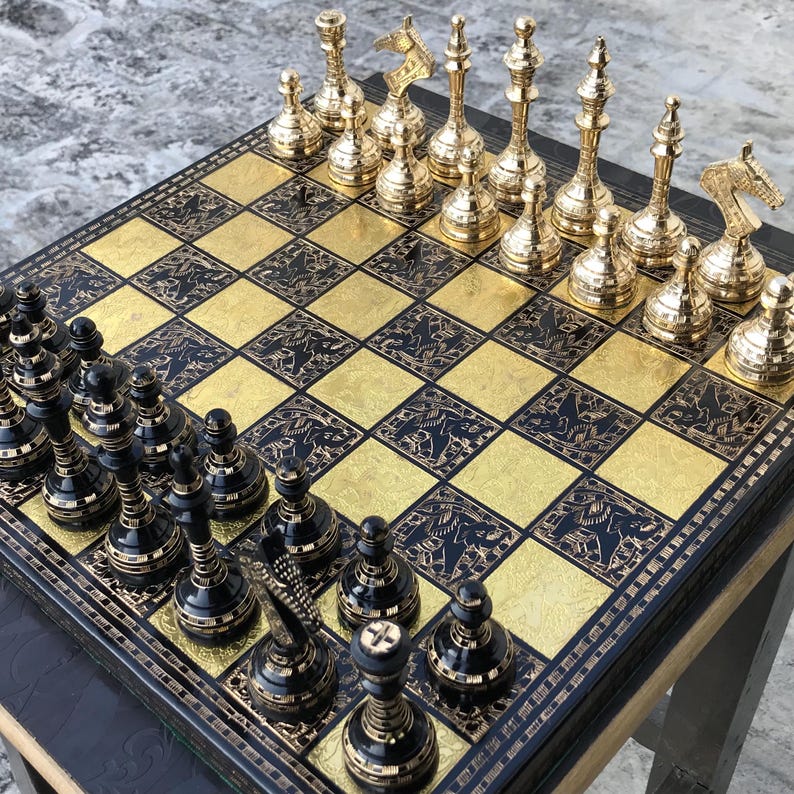


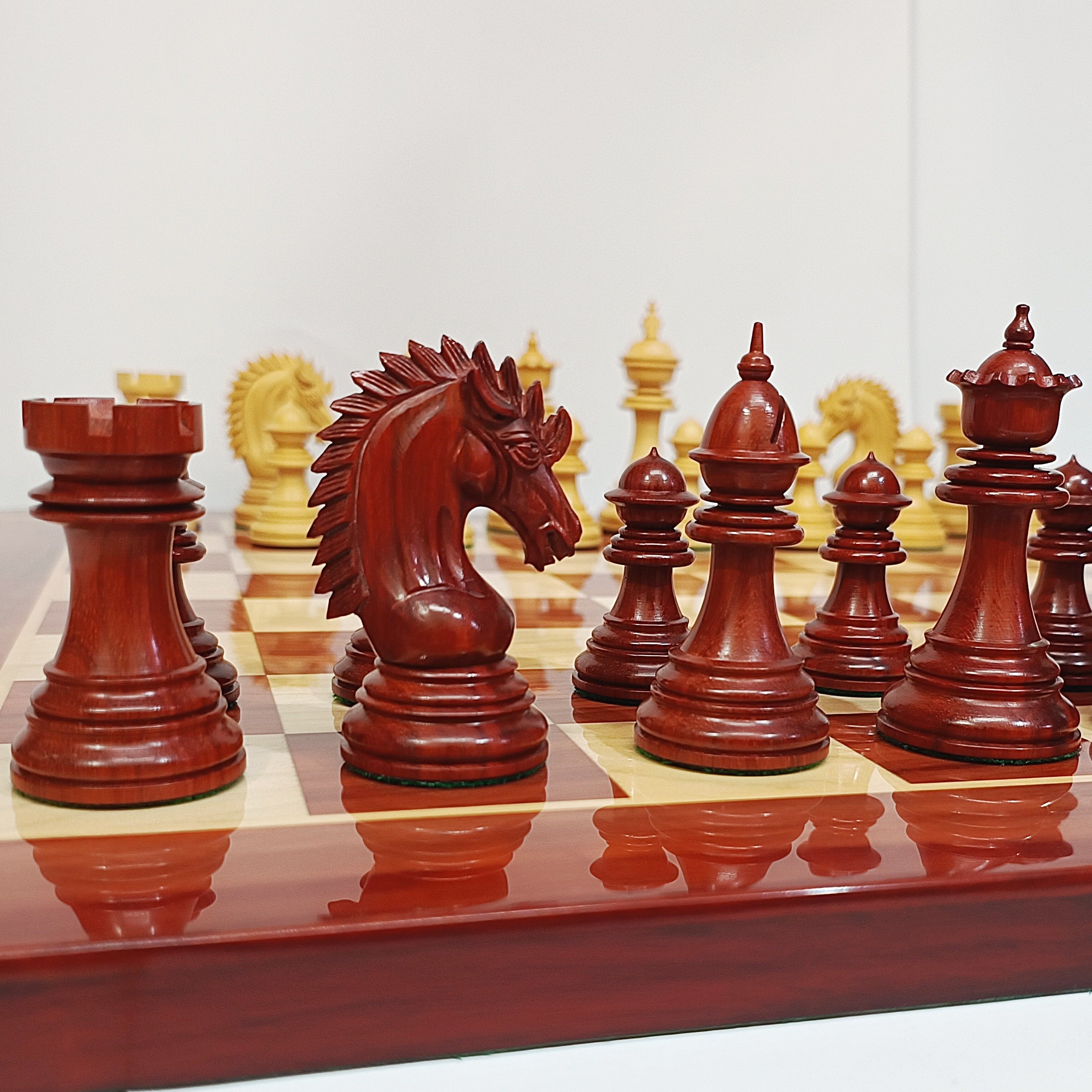
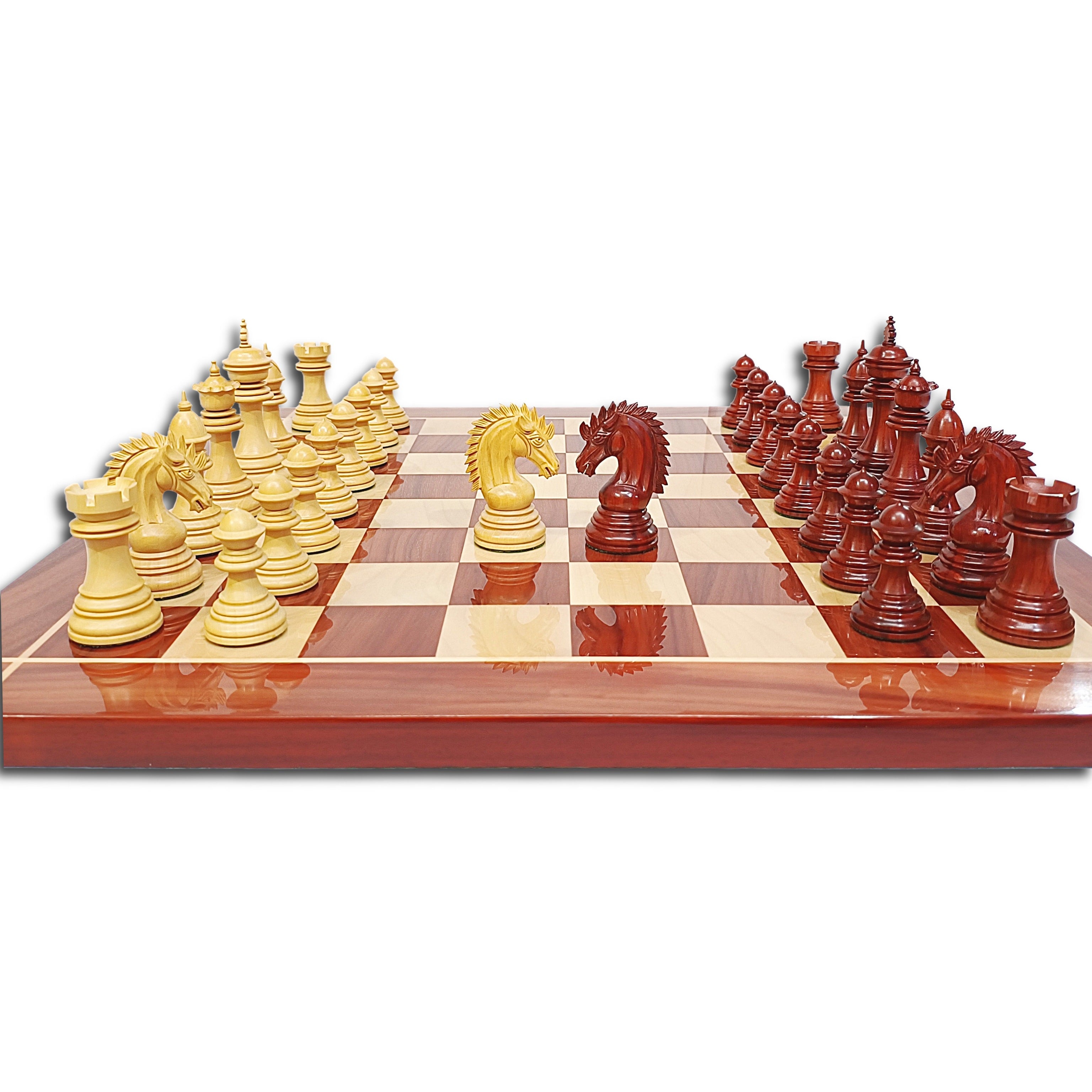
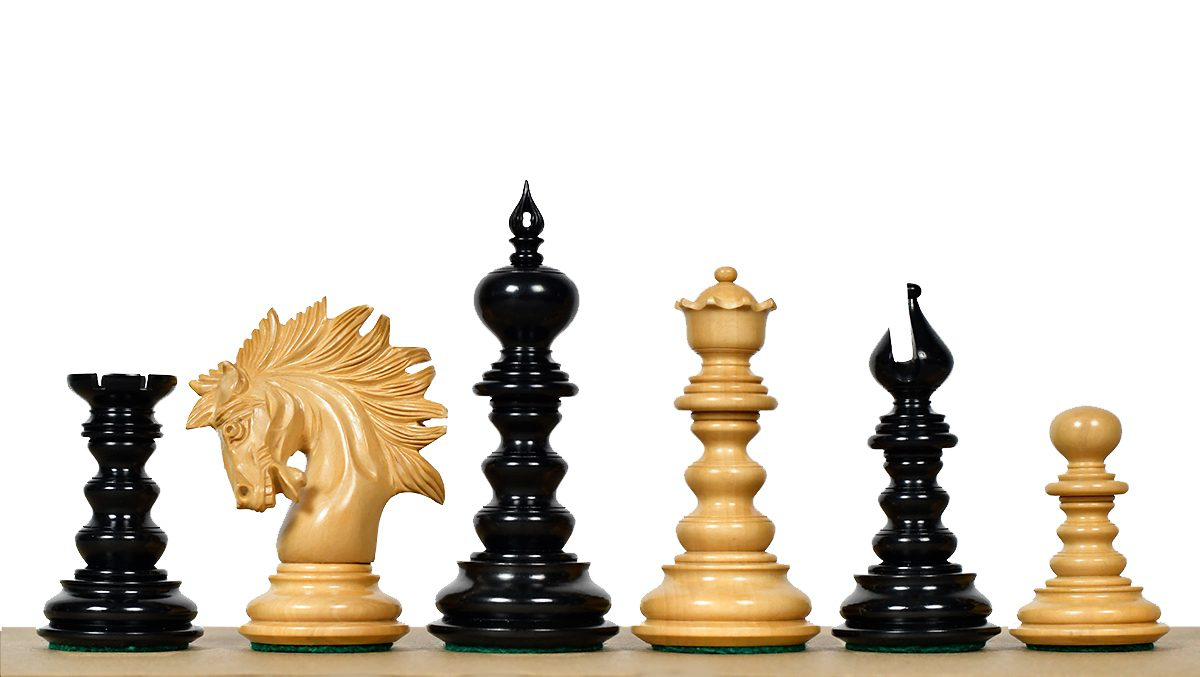
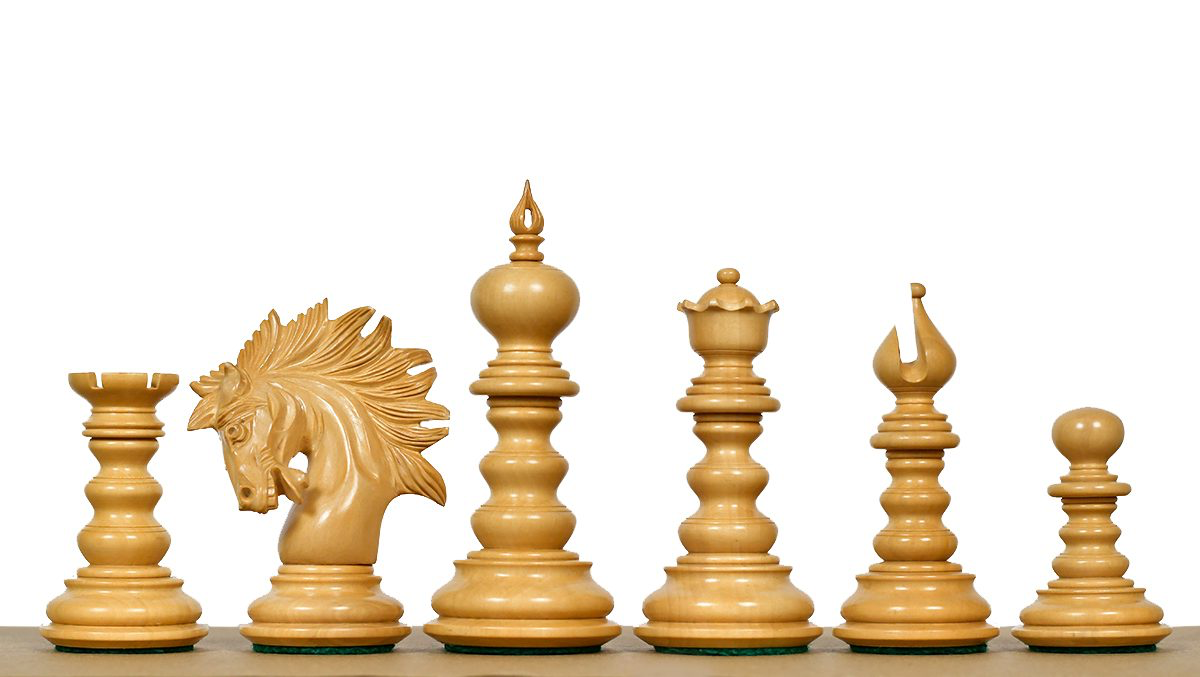
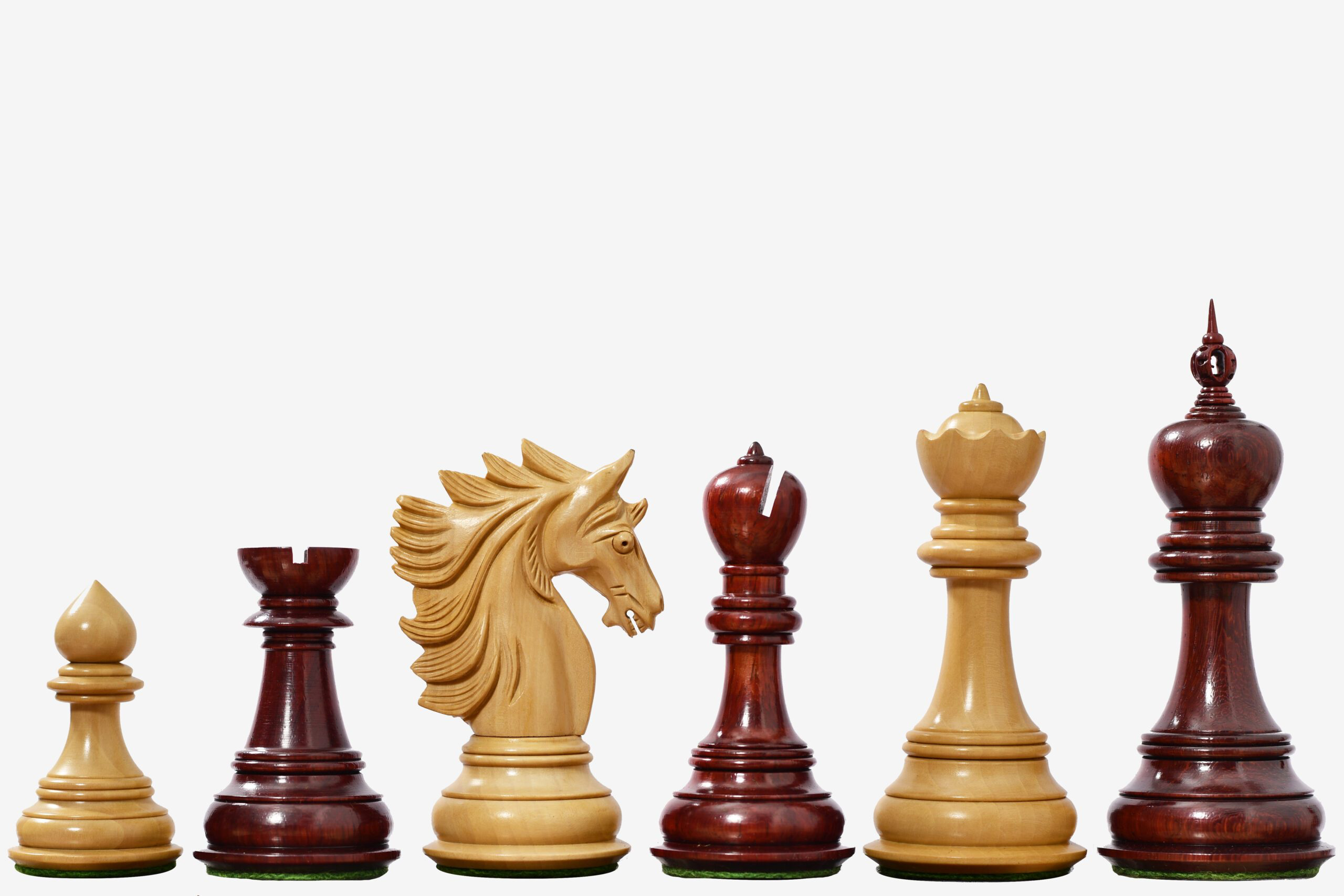
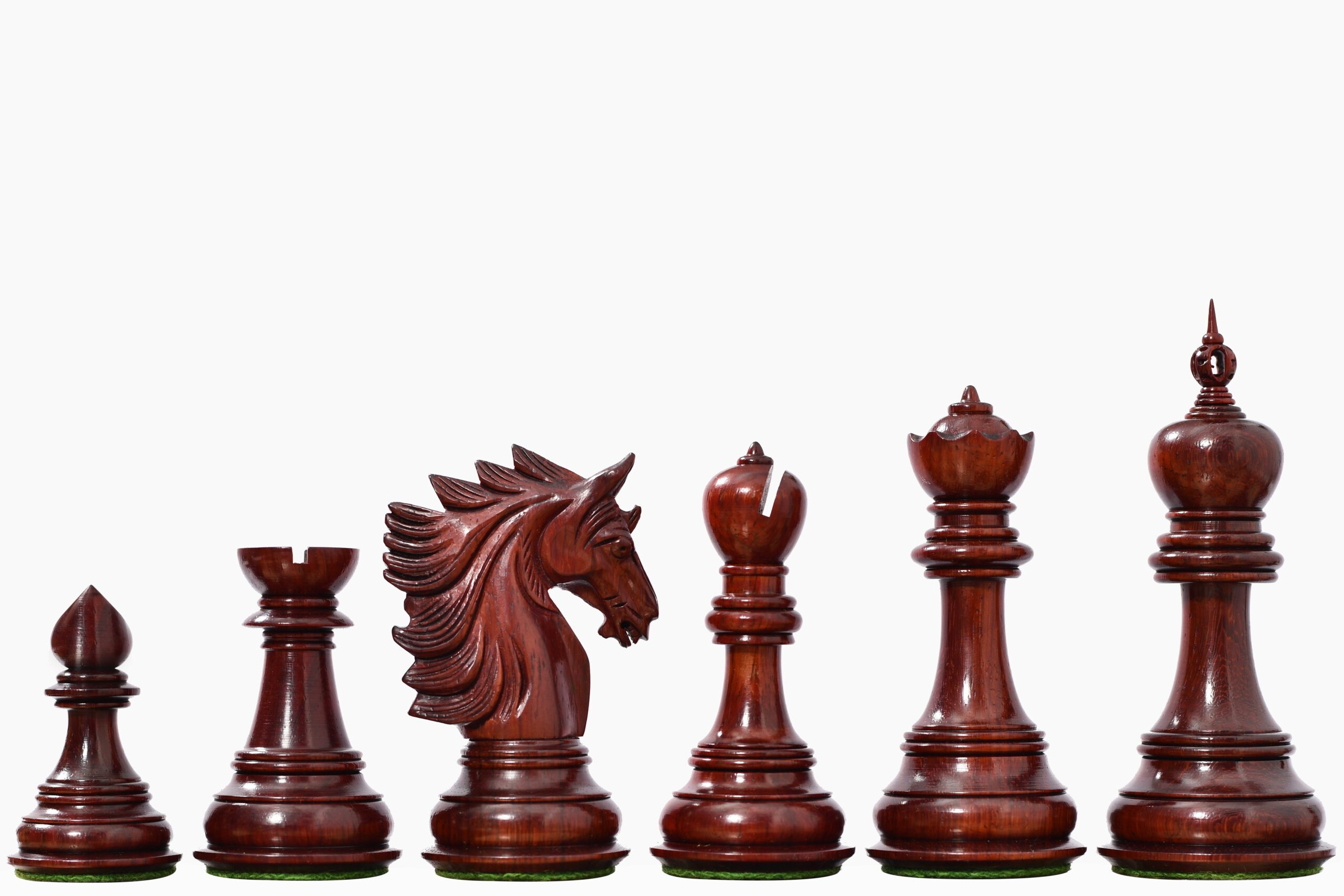
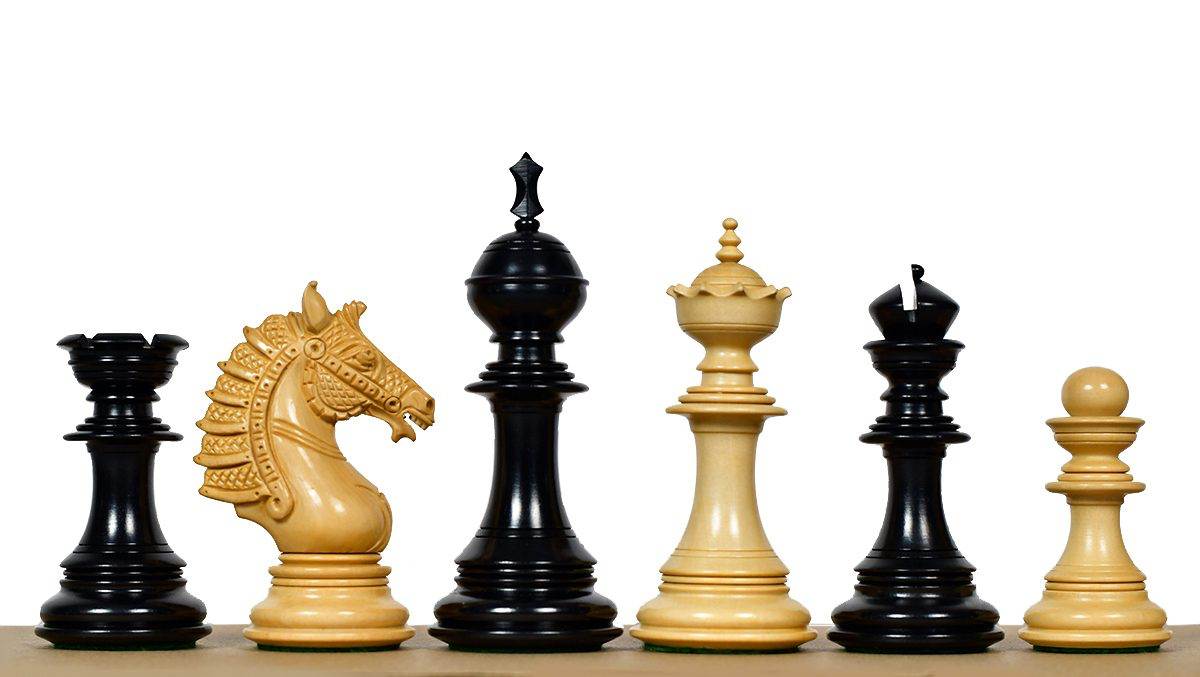
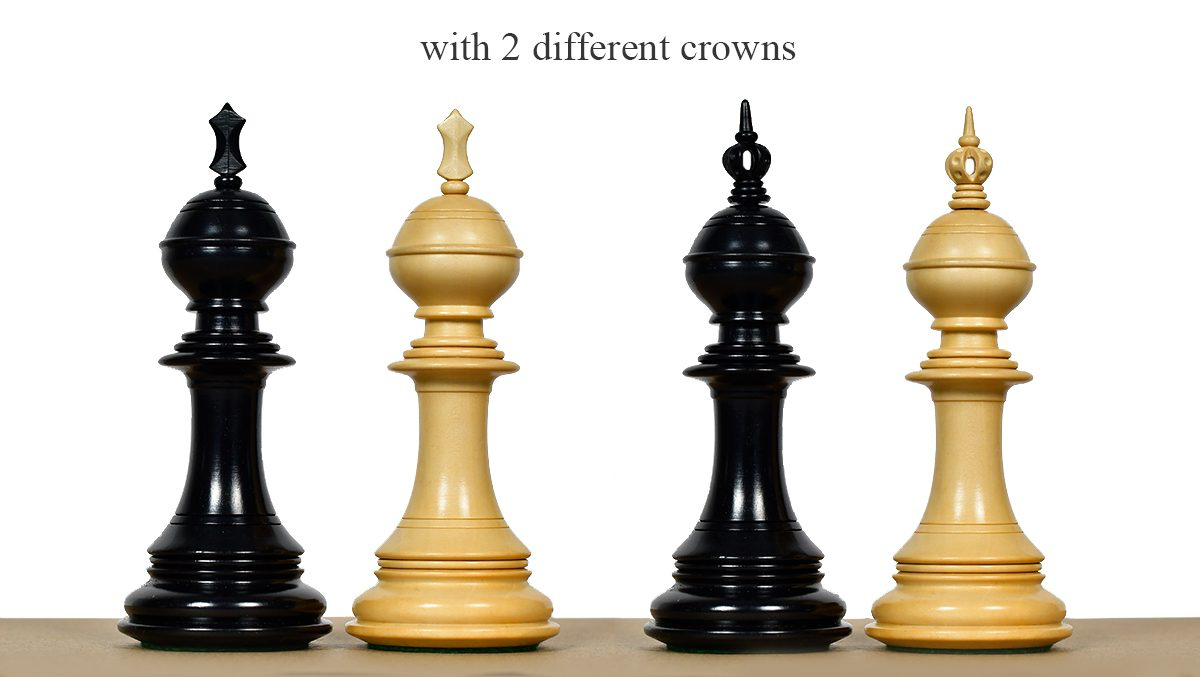
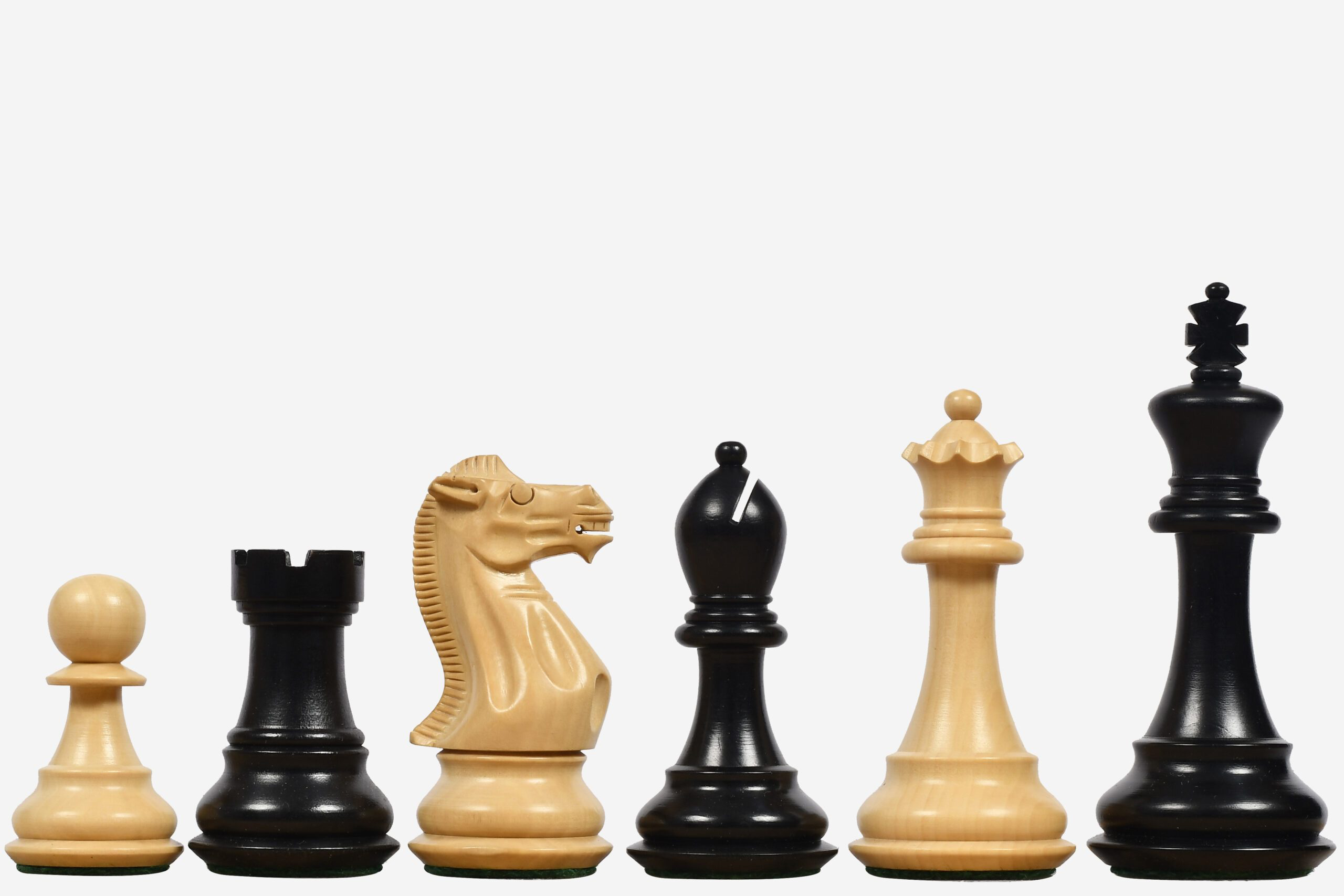
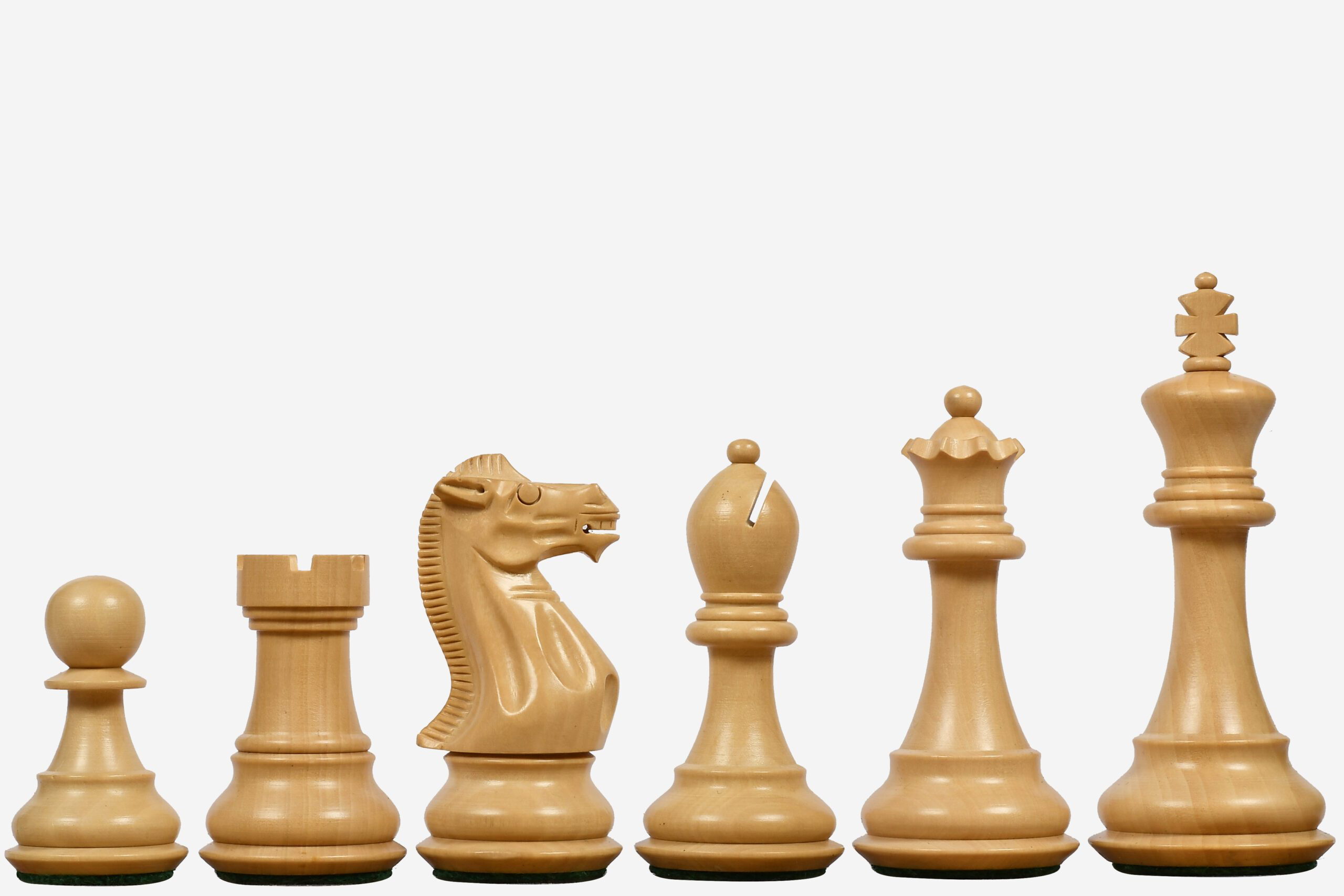
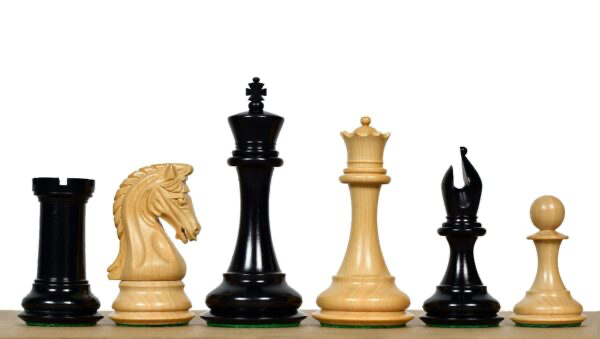
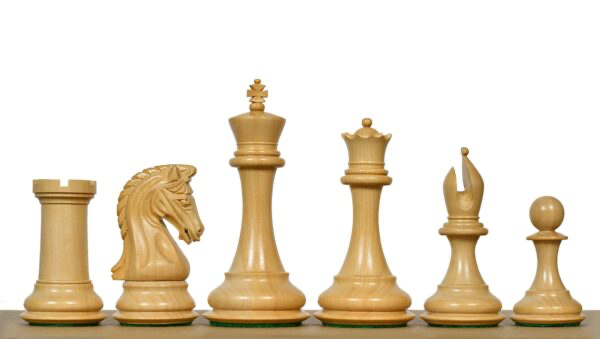
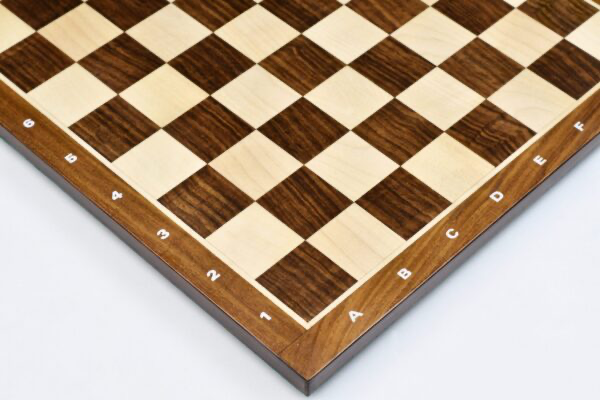
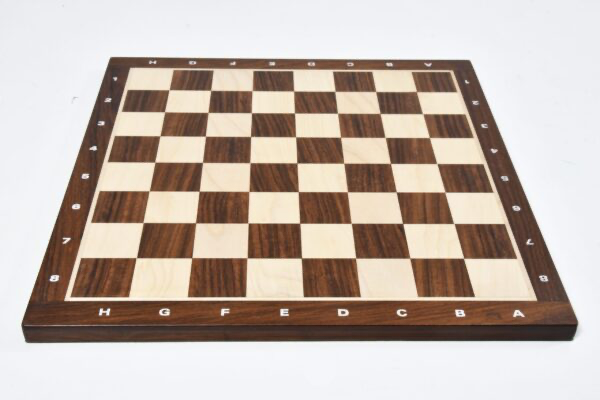
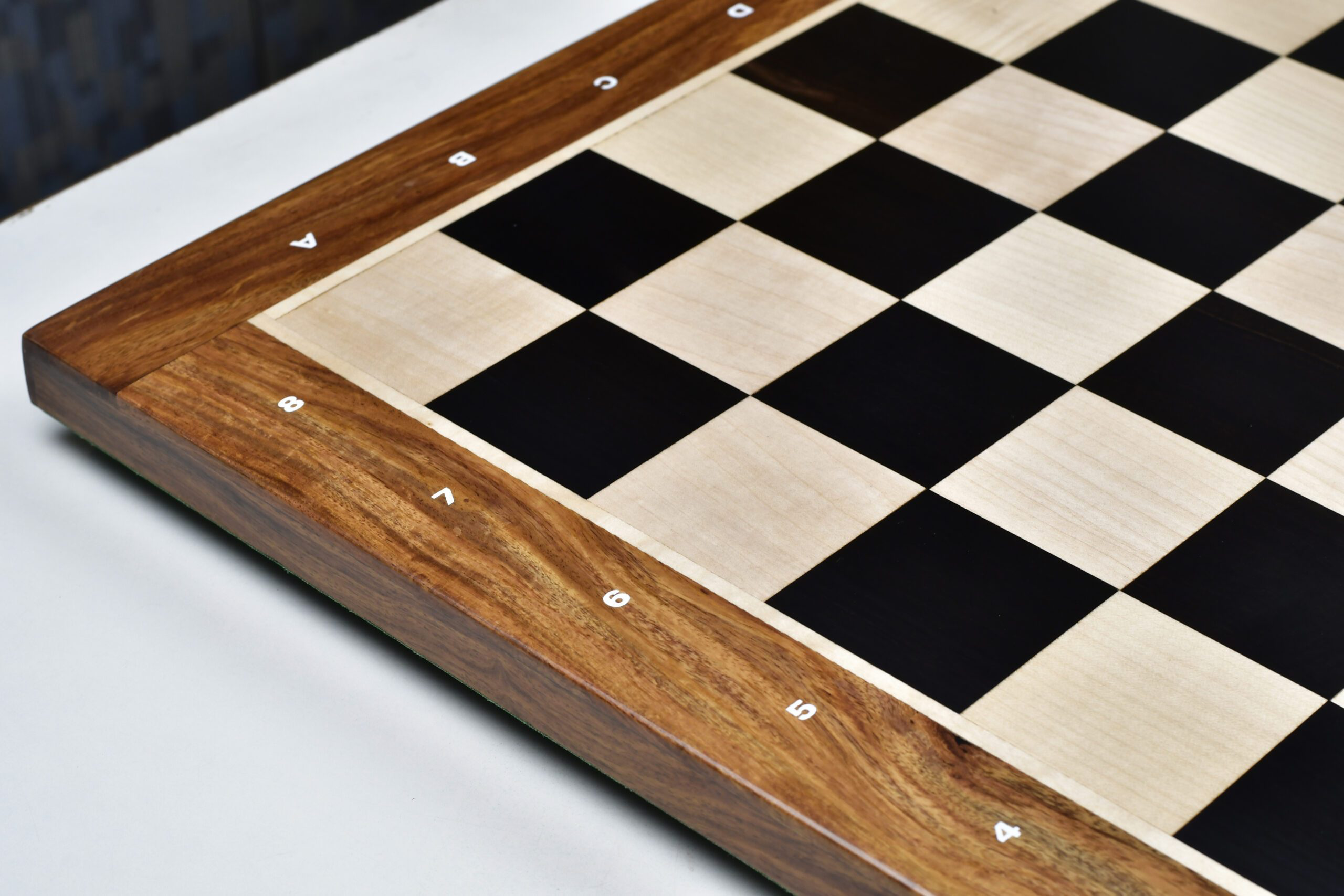
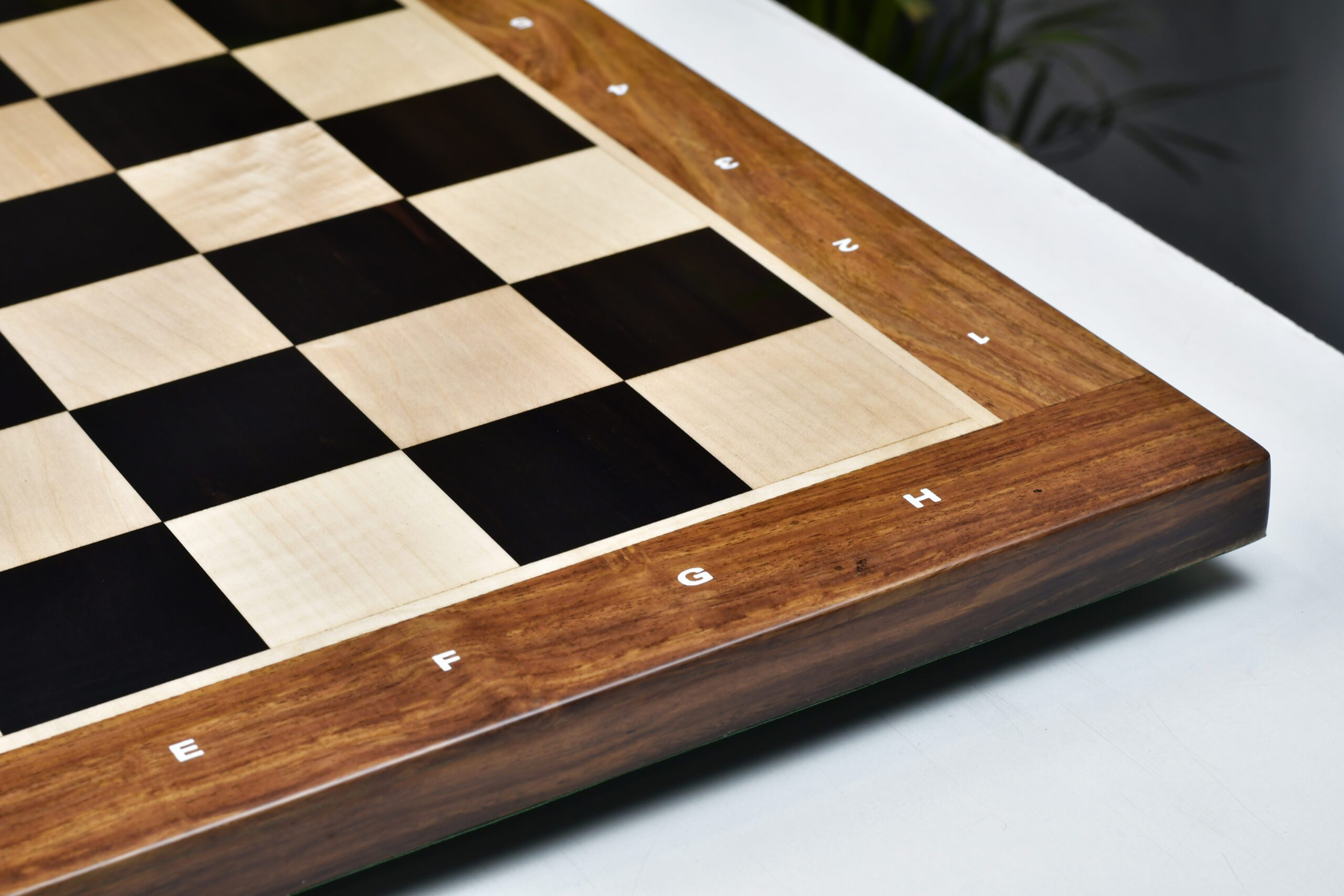
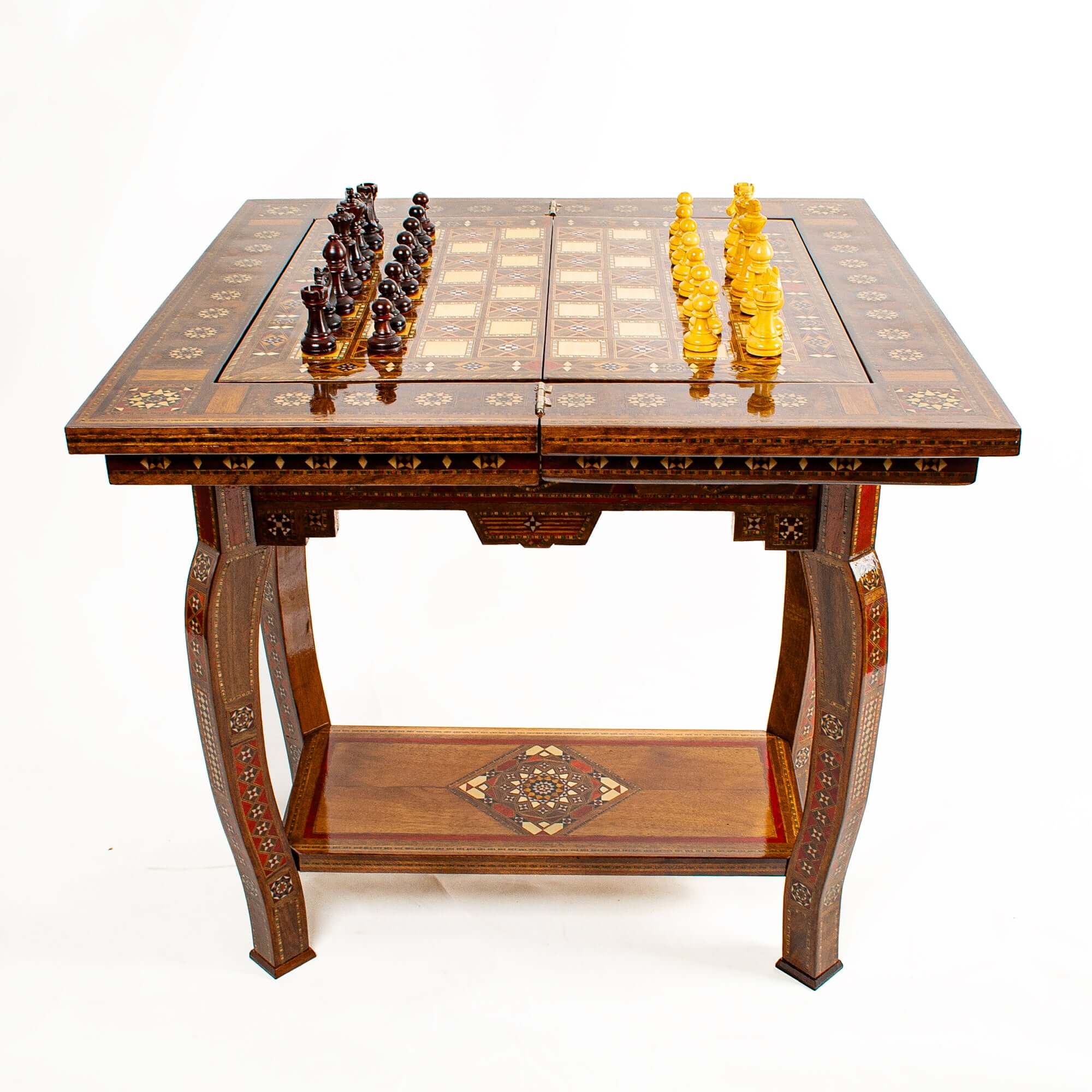

Leave a comment
All comments are moderated before being published.
This site is protected by hCaptcha and the hCaptcha Privacy Policy and Terms of Service apply.